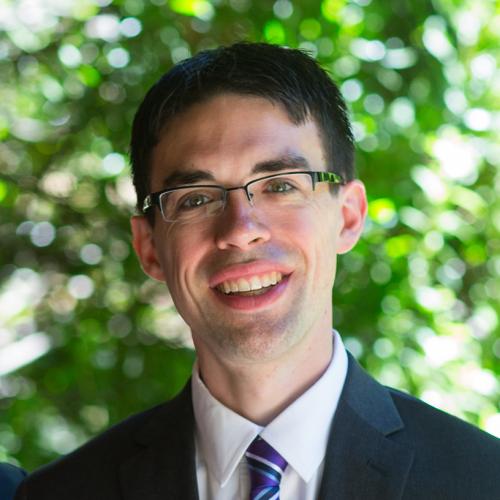Assistant Professor Matthew Turk is partnering on a project to help resolve the growing gap between food supply and demand in the face of global climate change. Led by Amy Marshall-Colón, principal investigator and assistant professor of plant biology, Crops in silico (Cis) will integrate a suite of virtual plant models at different scales through $274,000 in funding from The Foundation for Food and Agriculture Research (FFAR), a nonprofit organization that builds unique partnerships to support innovative and actionable science addressing today's food and agriculture challenges. The FFAR grant matches seed funding the project has received from the Institute for Sustainability, Energy, and Environment (iSEE) and the National Center for Supercomputing Applications (NCSA) at the University of Illinois.
As the planet warms, growing environments around the world are changing faster than traditional crop breeding programs can create new well-adapted varieties. Fully realized, Cis will give crop researchers a computational tool to examine the effects of environmental challenges on a molecular, cellular, and organ level within a plant to determine the best targets for genetic engineering.
"Science is accelerating faster than ever before, and the Foundation for Food and Agriculture Research is committed to harnessing cutting-edge science for the benefit of the agricultural system," said FFAR Executive Director Sally Rockey. "Crops in silico will integrate some of today’s most advanced plant models, providing new and exciting insights into how a plant functions that will undoubtedly accelerate our ability to improve plants."
The ability to computationally mimic the growth, development, and response of crops to the environment will allow researchers to conduct many more experiments than can realistically be achieved in the field.
In addition to Marshall-Colón and Turk, collaborators on the project include Stephen P. Long, the Gutgsell Endowed Professor of Crop Sciences and Plant Biology at Illinois; Christine Kirkpatrick, executive director of the National Data Service; and Jonathan Lynch, University Distinguished Professor at Penn State University.
The team will work to integrate above- and below-ground models of plants to create never-before-seen "whole views" of them. Then, they will subject these newly built virtual plants to computer-simulated extreme growing conditions—from flood to severe drought to increased ambient carbon dioxide—and compare the model's predicted plant reaction to observed responses from field studies. This will help "dial in" the model's accuracy.
"One of the challenges in developing reusable, connected computational tools is ensuring that interoperating models are able to communicate effectively and transmit the semantics of their information consistently," said Turk. "That is a key challenge with the Crops in silico project, and one we are looking to address."
Beyond a technological breakthrough, the Cis team also aims to achieve a research community shift.
"We believe Crops in silico will unite largely isolated efforts into a connected and collaborative community that can take full advantage of advances in computation science and mechanistic understanding of plant processes and their responses to the environment," said Marshall-Colón.
